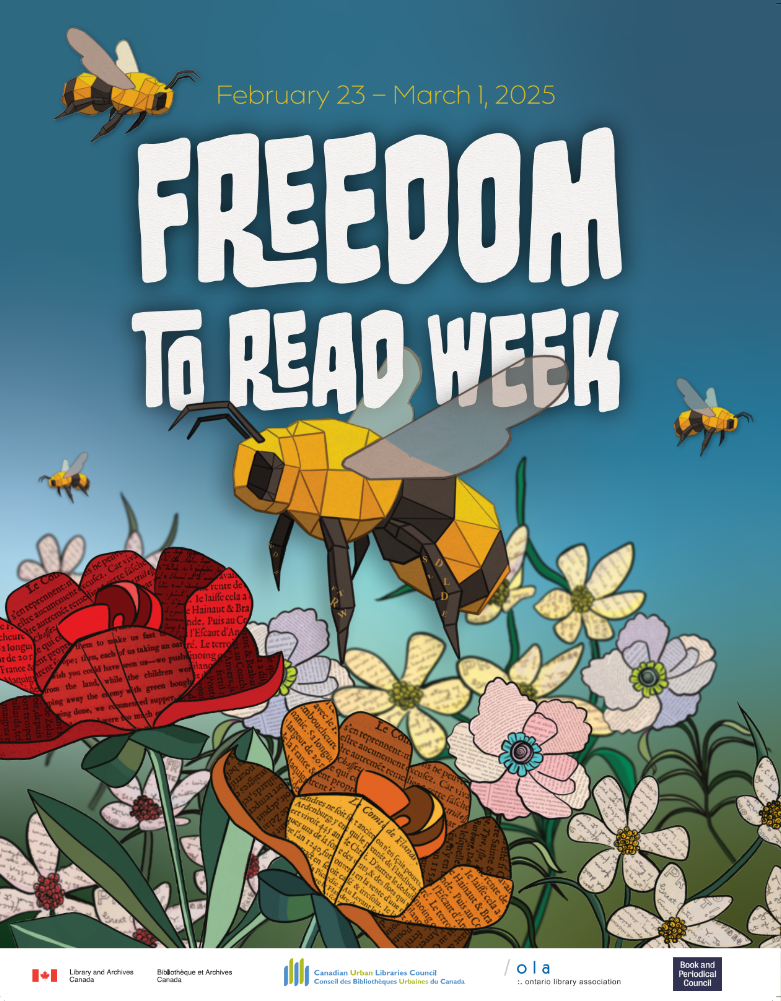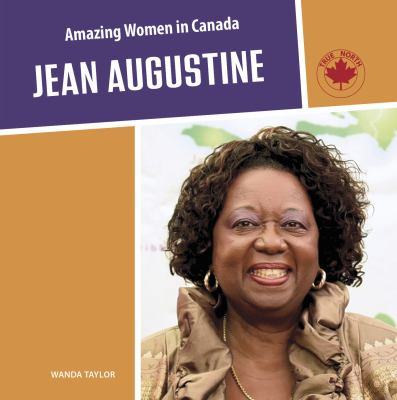This year, from February 23 to March 1, Canada will once again celebrate Freedom to Read Week in libraries across the nation. Led by a few library steering organizations, this annual event encourages Canadians to think about and reaffirm their commitment to all expressions of intellectual freedom. Or in other words, the ability to access information and material without restrictions, something that libraries have always prided themselves on being able to provide to our communities.
While celebrating Freedom to Read Week has always been important, even before it’s official inception in 1984, it certainly has hit differently as we’ve come into the 2020s. Reports of an exponential rise in book challenges and bans have been flooding in from the United States over the last few years, and Canada has not been immune. According to this article on the FtRW site, in the 2022-2023 period book challenges in Canada went up from 46 and 55 the previous years to 118. More than double the previous year, and that was only what was reported. These targeted books are labeled as ‘dangerous’, ‘obscene’, ‘harmful’, and other choice words. Certain people and groups have taken it upon themselves to keep books out of reach, driven by that person or group’s own sense of what is right, what is wrong and what is factual.
Continue reading


